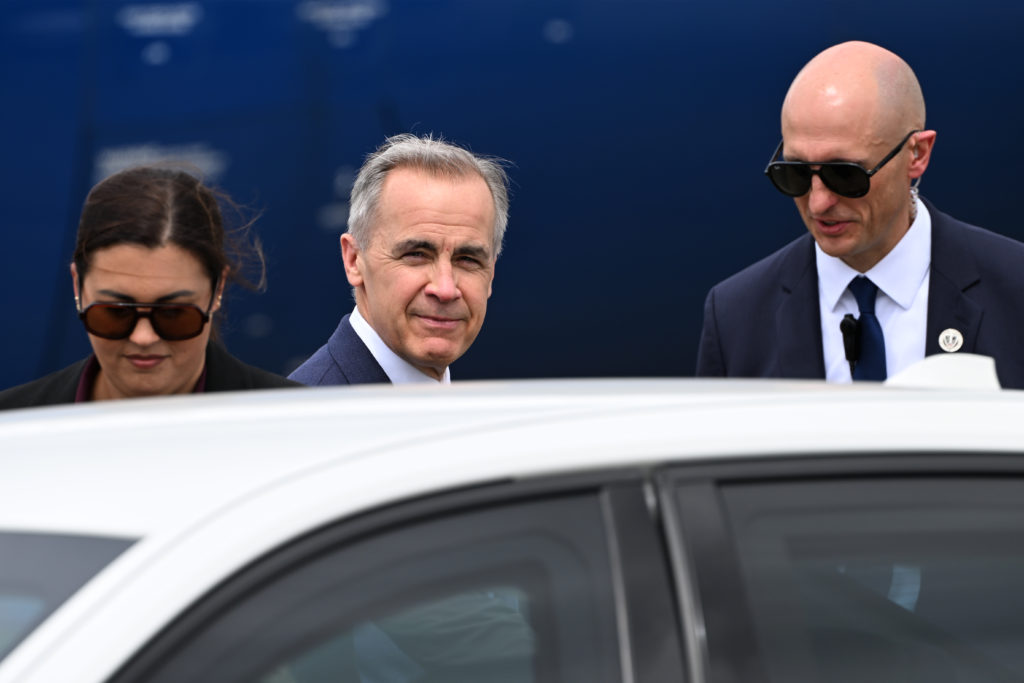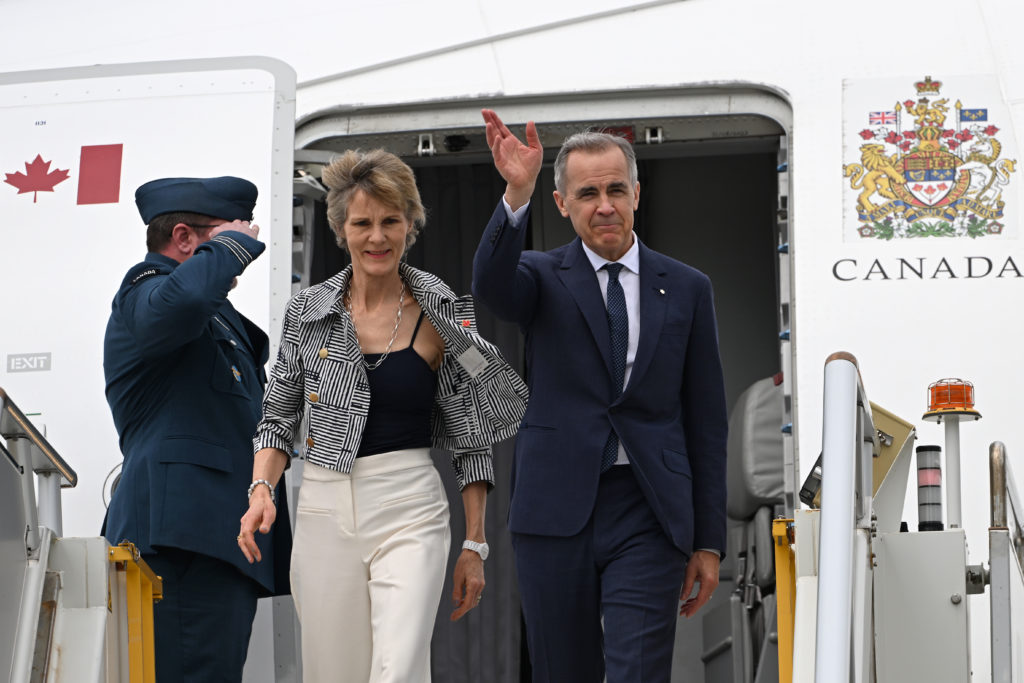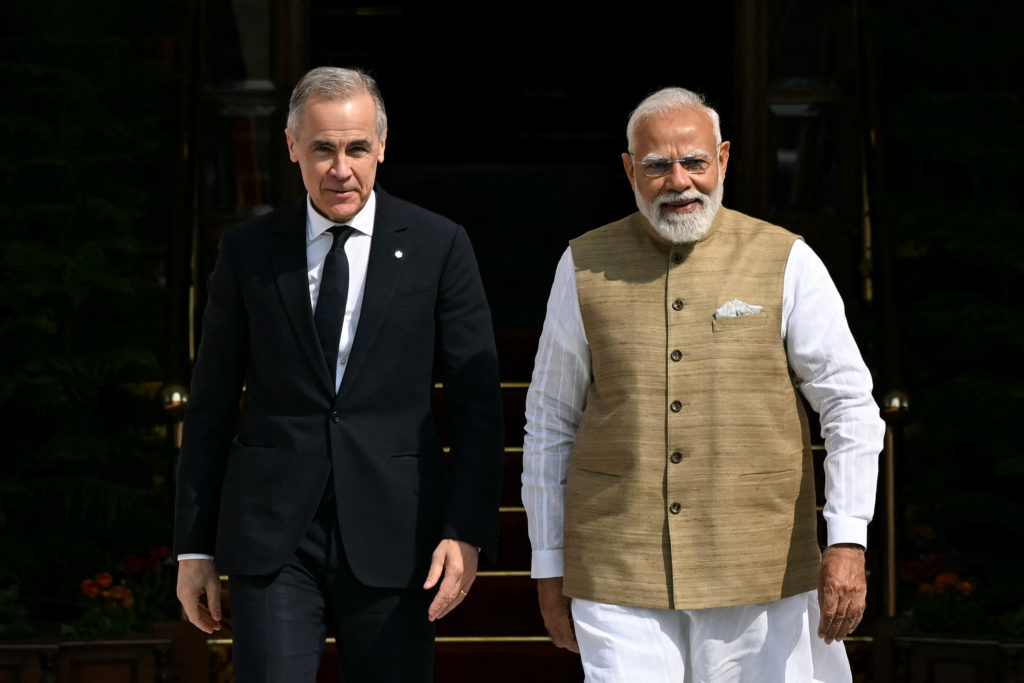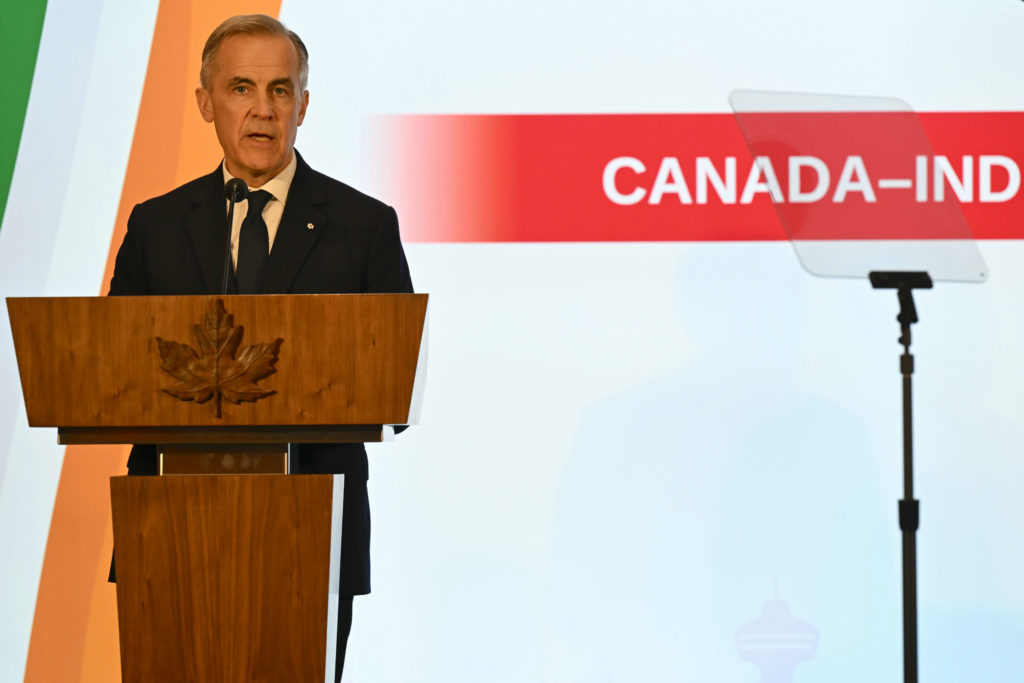Equities sank Wednesday after Wall Street tumbled on bets the Federal Reserve will act more aggressively to bring inflation under control, while oil prices extended losses after the European Union refrained from imposing sanctions on Russian crude.
While the Ukraine war continues to cast a shadow across trading floors, Fed monetary policy is at the top of the agenda this week as investors fret over how quickly officials will withdraw their vast pandemic-era financial support.
After last month’s 0.25 percentage point hike in interest rates, the focus is now on its plans for May’s meeting, with expectations growing that it will announce a 0.50 point lift followed by several more before the end of the year.
Fed governor Lael Brainard, who is considered a dove, on Tuesday spooked traders by saying bringing inflation down from 40-year highs was of “paramount importance” and that the bank was “prepared to take stronger action” if warranted.
Brainard, who is awaiting congressional confirmation for the position of Fed vice chair, also said bank policymakers were ready to start reducing its vast bond holdings, which have helped keep borrowing costs down.
“The market might have been looking for… Brainard to at least give more balanced remarks — instead, they were at the hawkish end of the spectrum from someone like Brainard,” said Stephen Innes of SPI Asset Management.
“She was not overly hawkish, but neither did she offer anything for the doves to cling to.”
Minutes from the Fed’s March meeting will be released later in the day and will be pored over for insights into officials’ thinking in light of the war and recent data suggesting the world’s top economy remains resilient for now.
All three main indexes on Wall Street ended in the red, with the Nasdaq off more than two percent owing to tech firms being more susceptible to higher rates.
And the selling seeped through to Asia, where Hong Kong, Shanghai and Taipei dropped on their return from a break.
Tokyo, Sydney, Seoul, Singapore, Manila, Jakarta and Wellington also retreated.
“Liquidity remains poor, and no one seems willing to take the other side as air pockets are becoming easier to find these days,” Innes added.
The European Union’s decision not to include Russian oil in a fresh round of sanctions saw both main contracts drop Tuesday and extend losses in early Asian business.
The reliance of the bloc — and particularly Germany — on crude from Russia has kept it from following the United States and Britain in imposing an embargo, though it signalled it wants to hit the country’s coal and shipping.
Adding to downward pressure on crude is the stronger dollar, which jumped in reaction to Brainard’s comments.
Oil is priced in dollars, making it more expensive for clients using other currencies.
A coordinated move by Washington, Brussels and the G7 could also ban “all” new investments in Russia on Wednesday, while the US Treasury said Washington has barred Moscow from making debt payments using funds held at American banks.
Meanwhile, the Asian Development Bank lowered its 2022 growth forecast for developing Asia owing to “increasing” price pressures caused by Russia’s invasion of Ukraine, offsetting the recovery from Covid-19.
– Key figures around 0230 GMT –
Tokyo – Nikkei 225: DOWN 1.9 percent at 27,262.05 (break)
Hong Kong – Hang Seng Index: DOWN 1.8 percent at 22,106.00
Shanghai – Composite: DOWN 0.7 percent at 3,261.22
Brent North Sea crude: DOWN 0.2 percent at $106.44 per barrel
West Texas Intermediate: DOWN 0.3 percent at $101.68 per barrel
Dollar/yen: UP at 124.00 yen from 123.60 yen late Tuesday
Euro/dollar: DOWN at $1.0895 from $1.0903
Pound/dollar: DOWN at $1.3069 from $1.3071
Euro/pound: DOWN at 83.35 pence from 83.38 pence
New York – Dow: DOWN 0.8 percent at 34,641.18 (close)
London – FTSE 100: UP 0.7 percent at 7,613.72 (close)










